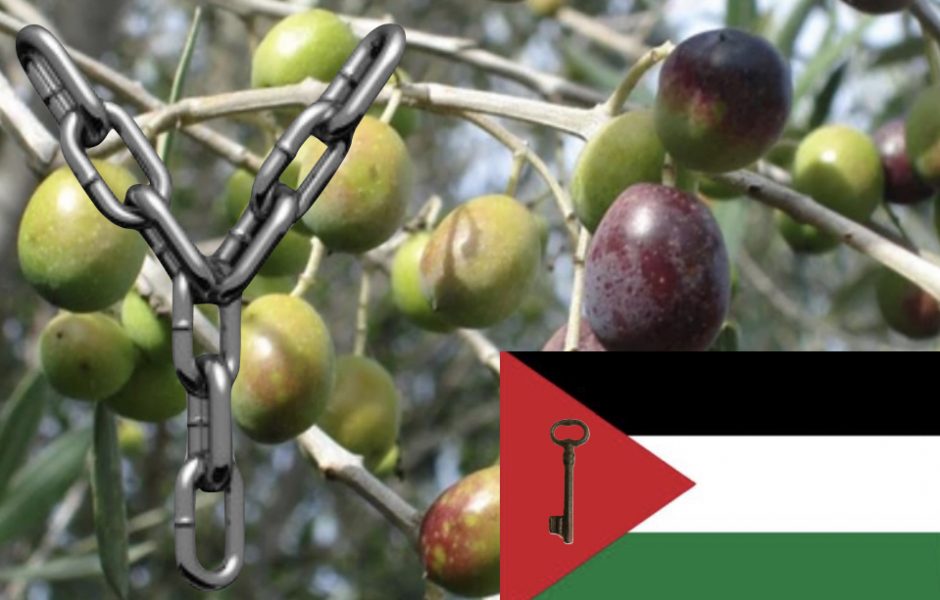Phalapoem editor, 18/01/2025
The latest chapter of Israeli aggression in Gaza has ended in failure, despite the occupation army’s use of overwhelming force, widespread destruction, and genocidal policies. For weeks, the people of Gaza endured relentless bombardment, starvation, and the near-total collapse of their infrastructure. Yet, Israel has failed to achieve its objectives, exposing its moral, political, and military decline to the world.
Months ago, U.S. President Joe Biden proposed a framework for a ceasefire, one that sought to limit further escalation and address the suffering in Gaza. Israel, under the leadership of Prime Minister Benjamin Netanyahu, rejected this deal outright. Instead, Netanyahu pursued a path of unrestrained violence, leading to the needless loss of thousands of innocent lives.
Now, after months of atrocities and destruction, Netanyahu has been forced by Trump to accept essentially the same deal he rejected. This capitulation underscores the futility of Israel’s military campaign. The devastation wrought upon Gaza was not only cruel but unnecessary, serving only to deepen the moral and political crises facing the Israeli state.
Devastating Losses for Israel
While Gaza has suffered immeasurably, the Israeli occupation has also emerged battered and weakened on multiple fronts:
1. Security: The operation in Gaza has failed to achieve any meaningful security objectives. Instead, it has emboldened Palestinian resistance and demonstrated the limitations of Israel’s military might against a population that refuses to surrender its rights.
2. Economy: The war has inflicted significant economic costs on Israel. Billions of dollars have been spent on military operations, while global boycotts and divestment campaigns have gained momentum, further isolating Israel economically.
3. Public Relations: Internationally, Israel’s image lies in tatters. The world has witnessed the indiscriminate bombing of civilian areas, hospitals, and schools. No amount of propaganda can mask the stark reality of war crimes committed in Gaza.
4. Internal Division: Within Israel, dissent is growing. Citizens are questioning the leadership of Netanyahu, the apartheid policies, and racist actions of Ben-Gvir and Smotrich, and the settlers’ unchecked violence in the West Bank. The illusion of unity is crumbling.
5. Global Standing: Israel’s allies, including the U.S., U.K., and Germany, have faced backlash for their complicity in the atrocities. Their failure to hold Israel accountable has exposed their hypocrisy and weakened their moral authority on the global stage. They all had failed to help Israel achieve its war objectives over the last 15 months.
The extremist policies of Itamar Ben-Gvir and Bezalel Smotrich, aimed at entrenching apartheid and expanding settlements in the West Bank, have backfired spectacularly. These policies, rooted in racism and colonialism, have only fueled greater resistance from Palestinians. Settler terrorism, supported by the state, has failed to break the spirit of the indigenous population. Instead, it has drawn more international attention to the apartheid reality in Israel and the occupied territories.
The Unbreakable Spirit of the Palestinian People
Through unimaginable hardship, the Palestinian people have proven their resilience and heroism. Gaza may be under siege, but its people are undefeated. They have endured genocide, starvation, ethnic cleansing, and collective punishment, yet they remain steadfast in defending their land and rights.
The bravery of Palestinians is unmatched. They are the rightful owners of the land, with a history and culture rooted in Palestine for thousands of years. Despite the odds, they continue to inspire the world with their resistance, creativity, and unwavering commitment to justice.
The future belongs to Palestine. The international tide is turning. Solidarity movements across the globe are growing, and the truth about Israel’s apartheid regime can no longer be hidden. The Palestinian people are a nation of thinkers, scientists, artists, doctors, nurses, engineers, builders, lawyers, judges,, journalists, politicians, fighters, and leaders, capable of rebuilding their land and shaping a free and prosperous future. No one on earth can defeat these heroic people.
For those who have lost loved ones and homes, know this: your sacrifices are not in vain. You are part of a heroic struggle that will one day be remembered as a defining moment in the fight for justice.
The failure of Israel’s genocidal campaign in Gaza marks the beginning of the end for the apartheid state. Its allies, including the U.S., U.K., and Germany, have been complicit in the atrocities, but their defeat is evident in the growing international condemnation and calls for accountability.
The unjust occupation will not endure. The tide of history favors justice, freedom, and human dignity. The Israeli army, built on racism, oppression and Palestinian blood , has met its match in the resilience and courage of the Palestinian people.
Palestine is a beacon of hope for oppressed people everywhere. Despite the horrors of war, the spirit of its people shines brighter than ever. The defeat of Israel’s genocidal policies is a victory for humanity. The world stands with Palestine, and the day of liberation is drawing closer.
Palestine will rise, stronger and freer than ever before. Justice will prevail.
















































